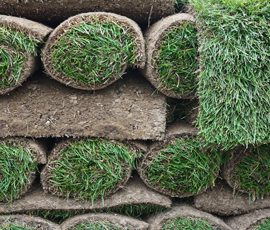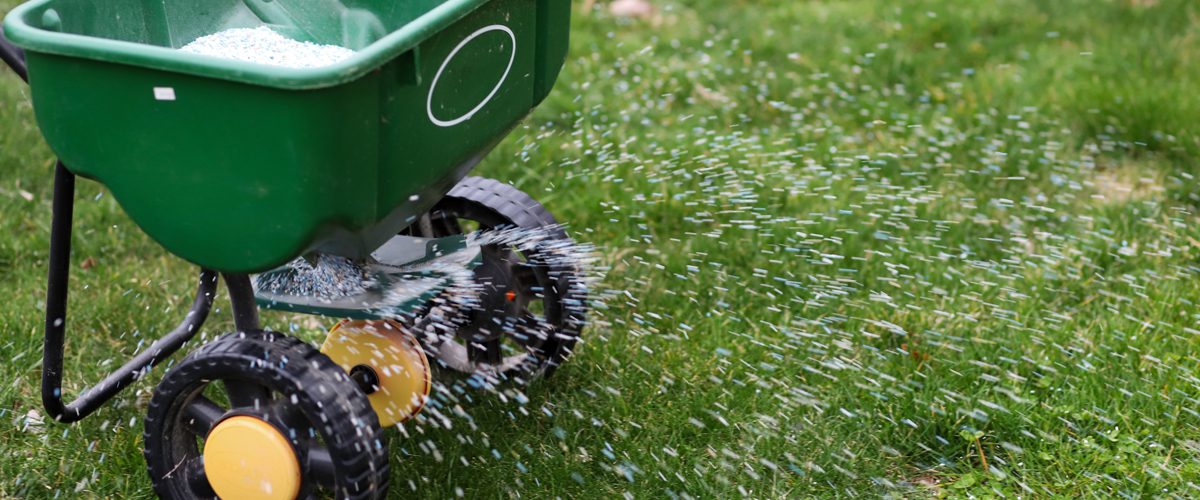
If you want to keep your lawn and garden in its best shape then choosing the right fertilizer is one of the easiest ways to keep it healthy. There are so many different kinds on the market and you can also make your own but you need to make sure you’re giving the soil the correct nutrients in the correct amounts. Keep reading to find out which fertilizer is right for your soil.
Do I need fertilizer?
If you want to keep your plants and lawn healthy then it’s a great idea to look into trying a fertilizer out. Do some soil tests to check out the different pH and nutrient levels in your soil and use that as a guide to help you figure out what your soil needs. These tests are relatively easy to find and they are fairly accurate when it comes to results.
Fertilizer isn’t a necessity for every space but it can help your soil remain fertile for a long time while fixing major nutrient issues in your plants. If you have issues already with things growing then trying fertilizer should be your first step. Soil can be tricky to figure out but once you know what it needs, you will be able to start your search for the perfect fertilizer.
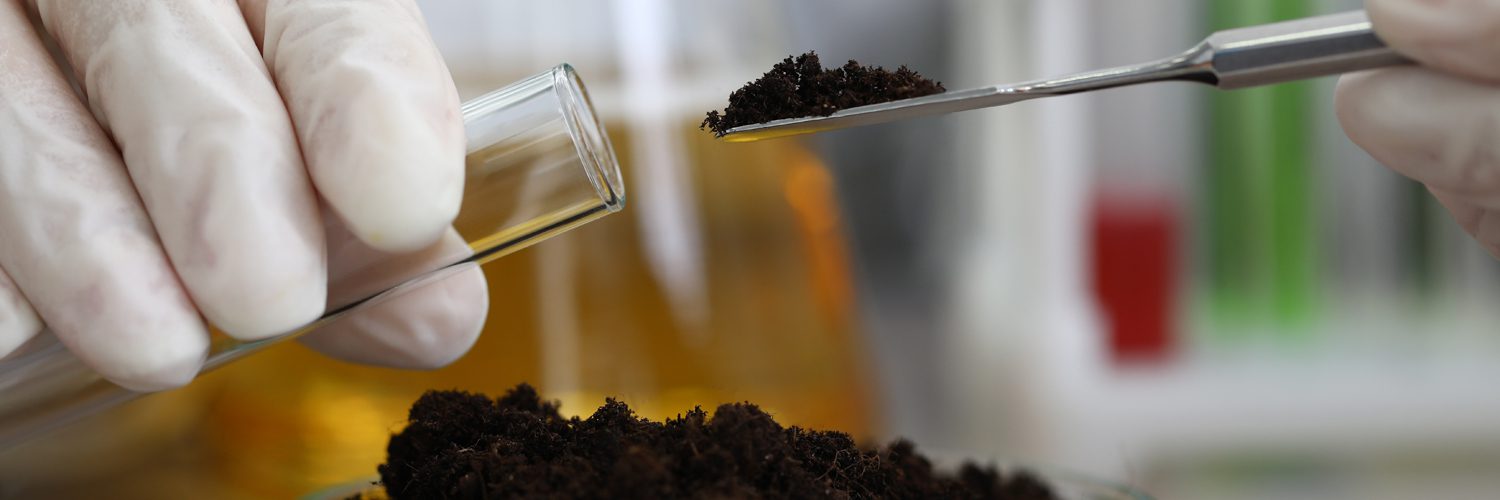
What is organic fertilizer?
The word “organic” has come into our vocabulary quite a bit in the last few years but many planting experts have been aware of the main differences for a long time. Organic fertilizer is produced using all-natural products and conditions to make the soil as nutrient-rich as possible. Many different materials can be used to create it so let’s look at a few of the more popular materials
Peat
Partially decomposed plant material is often referred to as “peat”. It is rich in nutrients and provides moisture to the soil while allowing the soil to naturally breathe. It’s considered one of the most widely used organic fertilizers components.
Animal Waste
Animal manure is used commonly in different organic fertilizers to add nutrients, create a ph balance and change the consistency of the fertilizer. The manure is also great for bringing in worms, good bacteria and nitrogen which allows the soil to continue being fertile. It’s also great for lowering erosion
Manure can be obtained from many sources but it usually needs to be composted with other materials in order to lower the chance of e-coil and reduce errant seeds. Not every animal produces waste that is good for your lawn (looking at you, dogs!) and it commonly comes from cows, chickens, horses and sometimes even bats. If you are choosing to make your own fertilizer, do your research into what animal waste you can use and what is needed to process it.
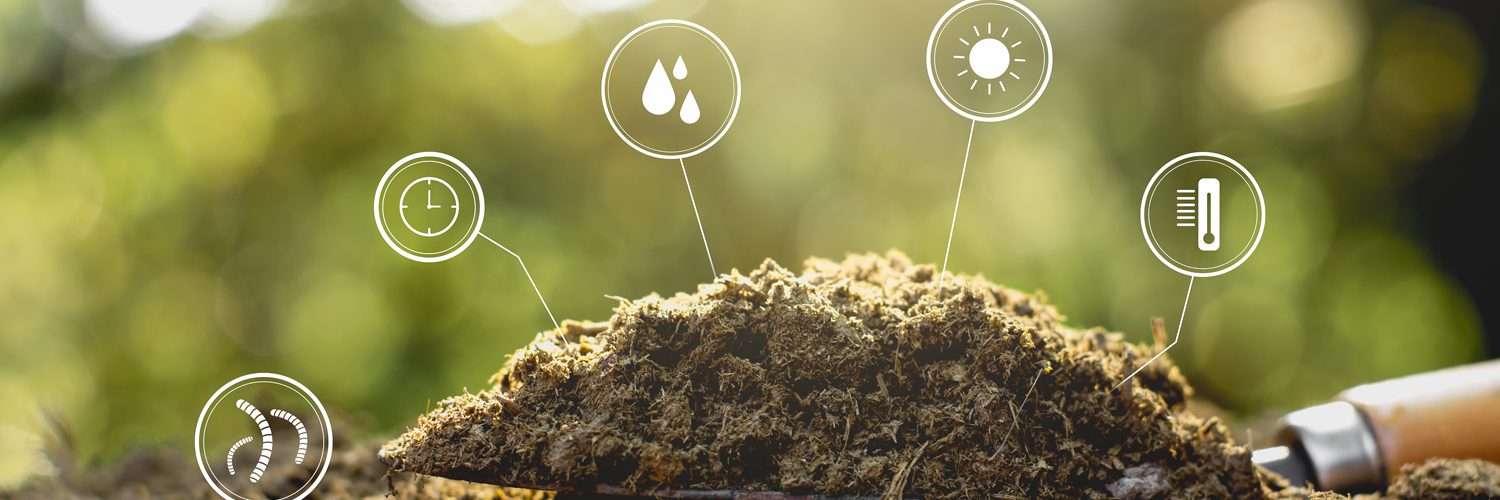
Plant Waste
When you think of compost you usually think of a bucket of kitchen scraps that need to be emptied outside all of the time. Plant waste is great for organic fertilizer and it’s an easy way to reduce waste. You can also use decomposing crops as plant matter in your compost to make the soil more fertile for the next year.
Treated sewage
You are unlikely to come across treated sewage (also called “biosolids”) as a fertilization method because it is highly regulated and only used on crops like flowers or trees. There are methods to turn your own solids into fertilizer but it requires quite a bit of space, time, and materials so it’s not recommended.
What is conventional fertilizer?
Conventional fertilizer is sometimes referred to as “inorganic fertilizer” although it sometimes contains many of the same materials. Conventional fertilizer uses chemicals, minerals and other compositions to create a material that helps the plants get the nutrients they need as quickly as possible. It is most commonly found at garden centers and contains no carbon-containing materials except for urea.
These fertilizers are classified based on what nutrients they are providing and the most common ones are Potassium (K), Nitrogen (N), and Phosphorus (P). Some fertilizers focus on one of these (a straight fertilizer) while others combine a few to create a specific treatment (complex fertilizers). Another thing that is added to these are micronutrients like zinc, manganese or iron that aid as a catalyst for the chemical reactions in the fertilizer.
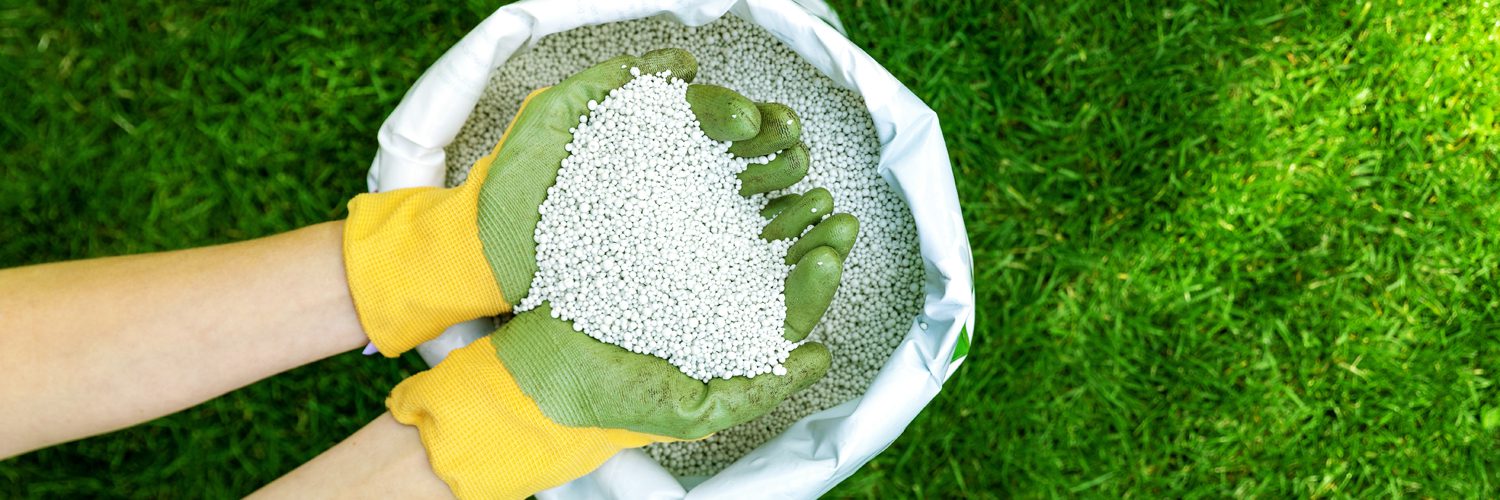
What’s the difference?
Both fertilizers provide your plants and lawns with extra nutrients to help them grow but there are subtle differences that might impact your garden for a long time. Let’s compare the two fertilizers so you can decide for yourself which one will be best for you.
Organic fertilizer is best for situations where you want to keep your soil healthy over a long period of time. It’s perfect for vegetable gardens and lawns that require some extra attention. This is also the best option for anyone who wants to learn more on the eco-friendly side when it comes to their yard maintenance.
Conventional fertilizer is best suited for flower beds and places where you need a quick and immediate fix. It’s great for a temporary fix or for a smaller garden that needs a boost of vitamins but it won’t help the condition of your soil improve for very long.
Which one works best for me?
Many different factors go into choosing which one to use for the space you’re looking to improve. You need to worry about cost, runoff, soil nutritional levels, and even what is allowed to be used in your area. There is no correct answer that suits every soil type but overall, organic is considered by many to be the better choice for most gardens.
Your fertilizer choice depends on many different things and a landscaping expert is one of the best people to talk to about which one is the best one for you. Give a local landscaping expert a call today and they will be happy to help you figure out what treatment will help your yard.


